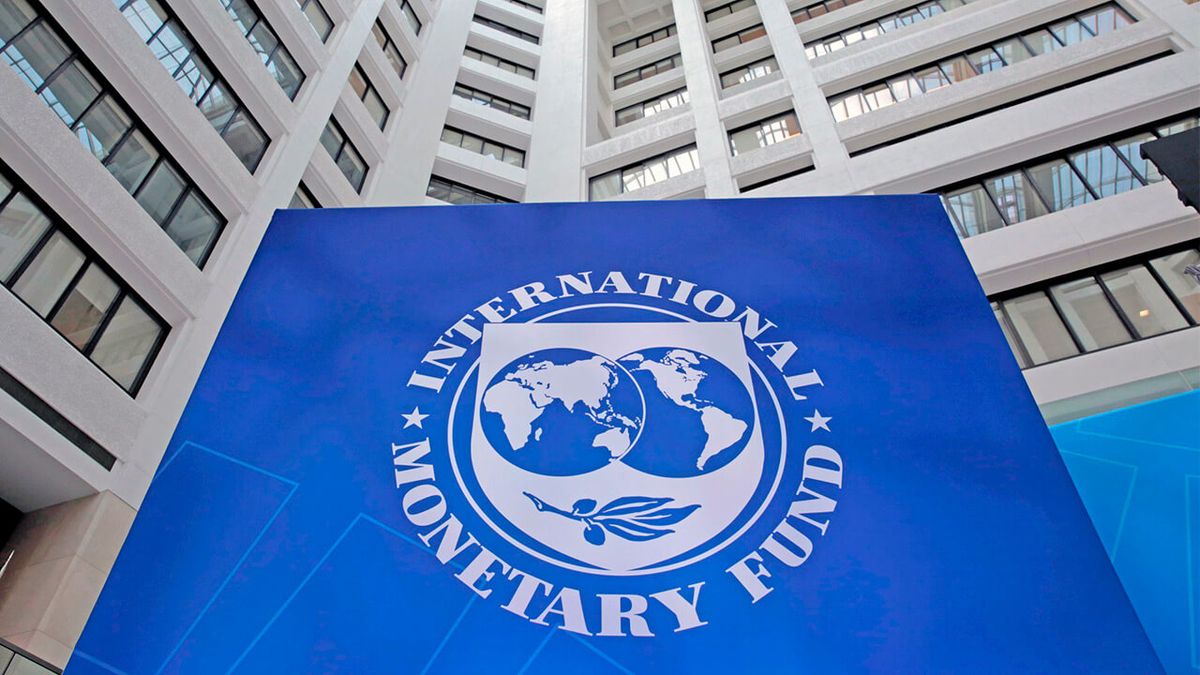In this way, Rice he asked himself why the risks are exceptionally high and answered because “Argentina’s economic and social situation is fragile and new shocks are materializing. The Argentine economy experienced three years of recession between 2018 and 2020, very high risk of poverty coupled with high and persistent inflation. while the economy is recovering stronger than we anticipatednow we are facing new global shocks associated with the war in Ukrainemany countries are facing this shock such as Argentina, so it is not a surprise that the risks for the Argentine economy and therefore for the program, are high”.
But, to soften his concepts, the spokesman stated that “We are committed to the program, we are strongly supportive of it, we are working closely with the Argentine authorities and will continue to work closely with the Argentine government and it is in our shared interest to have a program that is owned and successfully implemented by the Argentine authorities.”
The official recalled that “the objective was to address Argentina’s balance of payments problems and provide budget support. Why the IMF board approved, because we believe and have said it many times, that Argentina’s program supported by the Fund in financing establishes pragmatic and realistic objectives along with credible policies, which, when implemented, will strengthen macroeconomic stability and begin to face the deep challenges” of the country.
Rice insisted that “The program aims to strengthen public finances and reduce persistently high inflation through a multi-pronged strategy that includes a gradual reduction in monetary financing of the deficit and improving the exchange rate and monetary policy framework.” And, he added that “The program also establishes steps to strengthen the peso, the debt market, improve the effectiveness of public spending and improve the competitiveness of key sectors.”
“These are the basic objectives of the program, the keys by which the program was advanced” Rice explained and recalled that “as the IMF has said and also the Argentine government, what matters most now is the implementation and in this sense, To paraphrase Churchill, we are at the end of the beginning of this process and now it’s all about implementation.”
The spokesman emphasized that “the objectives that I mentioned, which are also the objectives of the government, as President Fernández declared, can be achieved.”
Surcharges
Asked about the surcharges charged by the agency, an aspect that is the subject of a claim by Argentina, Rice clarified that “the surcharges on IMF loans do not apply to all IMF loans. They are in countries with particularly large outstanding loans. And from that group of countries our surcharge policy is uniform for all members of the Fund. The articles of the Fund, in this context, they do not allow country-specific exemptions or suspensions.”
After recalling that the policy on surcharges was recently reviewed by the agency’s Board of Directors, he said “I am not aware of any specific follow-up discussions scheduled at this time.”
It should be remembered that last Friday the IMF board approved the loan of 44,000 billion dollars under the framework of an Extended Facilities agreement. Both in the press release and in the staff report it is clear that the agency has serious doubts about whether Argentina’s macroeconomic problems can be solved.
Source: Ambito
David William is a talented author who has made a name for himself in the world of writing. He is a professional author who writes on a wide range of topics, from general interest to opinion news. David is currently working as a writer at 24 hours worlds where he brings his unique perspective and in-depth research to his articles, making them both informative and engaging.




